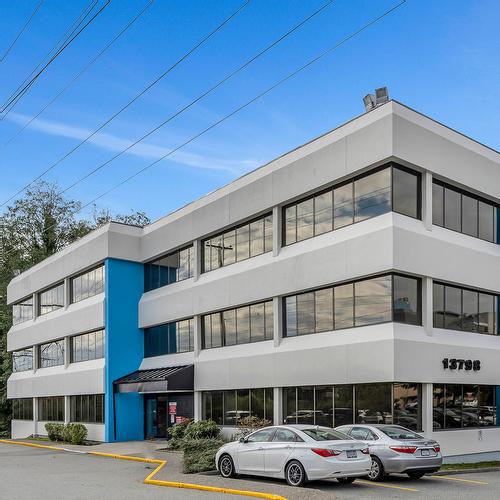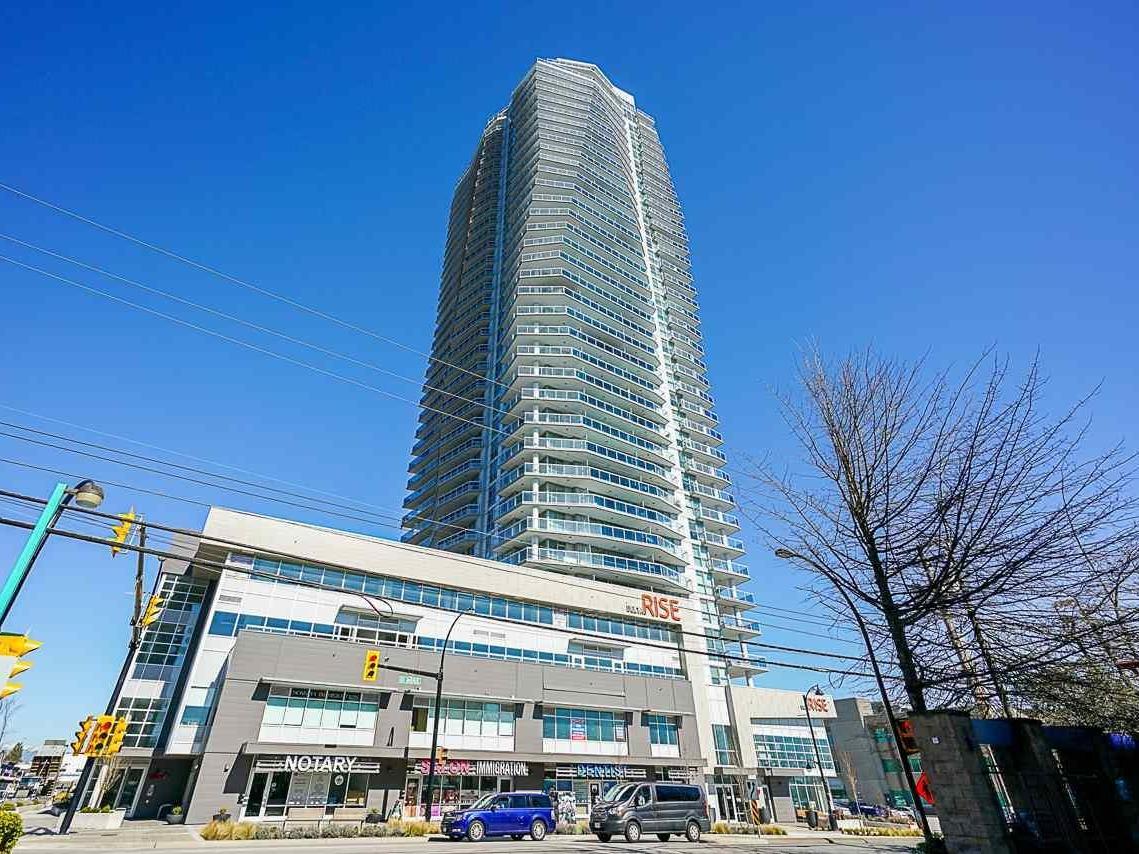About Sumir Chauhan
Sumir Chauhan is a seasoned Commercial Real Estate Broker with over 29 years of experience in the real estate and business consultancy sectors. With a strong foundation in Civil Engineering and an MBA from India, Sumir has worked with leading organizations, including HB Group, Bharti Comtel Ltd. Panasonic, Motorola, Shangai Electric, DLF, Vatika, Religare, Tata and The Children's Place, before establishing himself as a trusted name in real estate in British Columbia.
As a member of Royal LePage Commercial, Sumir specializes in income properties, commercial real estate services, and business brokerage. His unique ability to understand client needs, coupled with exceptional negotiation skills, ensures tailored solutions for every transaction. Fluent in English, Hindi, and Punjabi, Sumir effectively serves a diverse clientele, offering a personal and professional touch to every interaction.
Sumir’s dedication to excellence has been recognized with numerous awards, including the prestigious Red Diamond Award for the year 2024. His commitment to building lasting client relationships is at the heart of his business philosophy, and he takes pride in delivering measurable results that align with his clients’ goals.
If you’re looking for personalized, reliable, and professional real estate services, Sumir Chauhan is your trusted partner in navigating the complexities of the commercial property market.
Why work with me ?
A. My business philosophy is to do an outstanding job and take the time to know my client's needs, and deliver amazing results. My business is based on referrals, and building a strong referral network takes a lot of effort. I believe in having a strong bond of understanding between my client and myself.
B. I customize my market plan specific to your property/ search. Together we develop a strategy that is designed for your real estate requirement. If you want to maximize your results, you need the right approach.
C. I’ve developed vital negotiation skills from years of real estate transactions. I know when to effectively listen and build rapport, creatively problem solve in difficult situations and be assertive when necessary on behalf of my clients.















